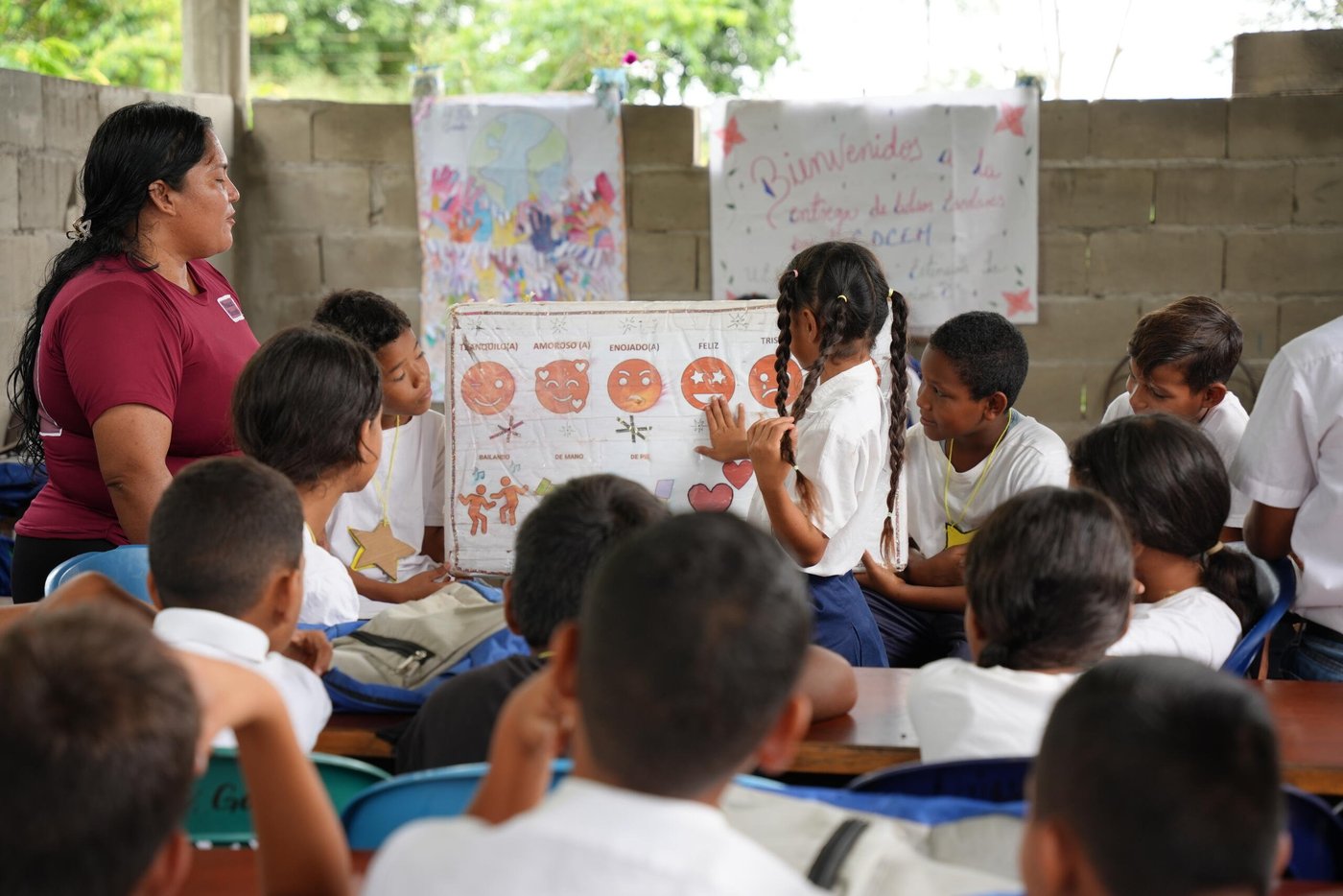Three years ago, Yéssica arrived in Bolívar state from her home in the plains of Venezuela.
In her new community, which had developed around a mining site, she observed that children from other displaced families did not go to class because there was no school. So, with five notebooks and a reading book, she adapted her house and began to teach lessons as a volunteer.
Yéssica’s class started with 10 students. Then it grew to 50. By September 2024, when NRC’s team visited the community, it had reached 96 children.
We wanted to know what access to education was like, so that we could develop our school motivation programme, among other activities. This programme shares techniques with community volunteers to motivate children and young people who are out of school. It aims to help students strengthen their learning skills so they can start attending school – whether for the first time, or after a period of absence.
Thanks to a good collaboration with the educational authorities, the 100 children previously supported by Yéssica are now enrolled in school. An extension of the nearest school has opened in her community, and now she is one of the teachers.
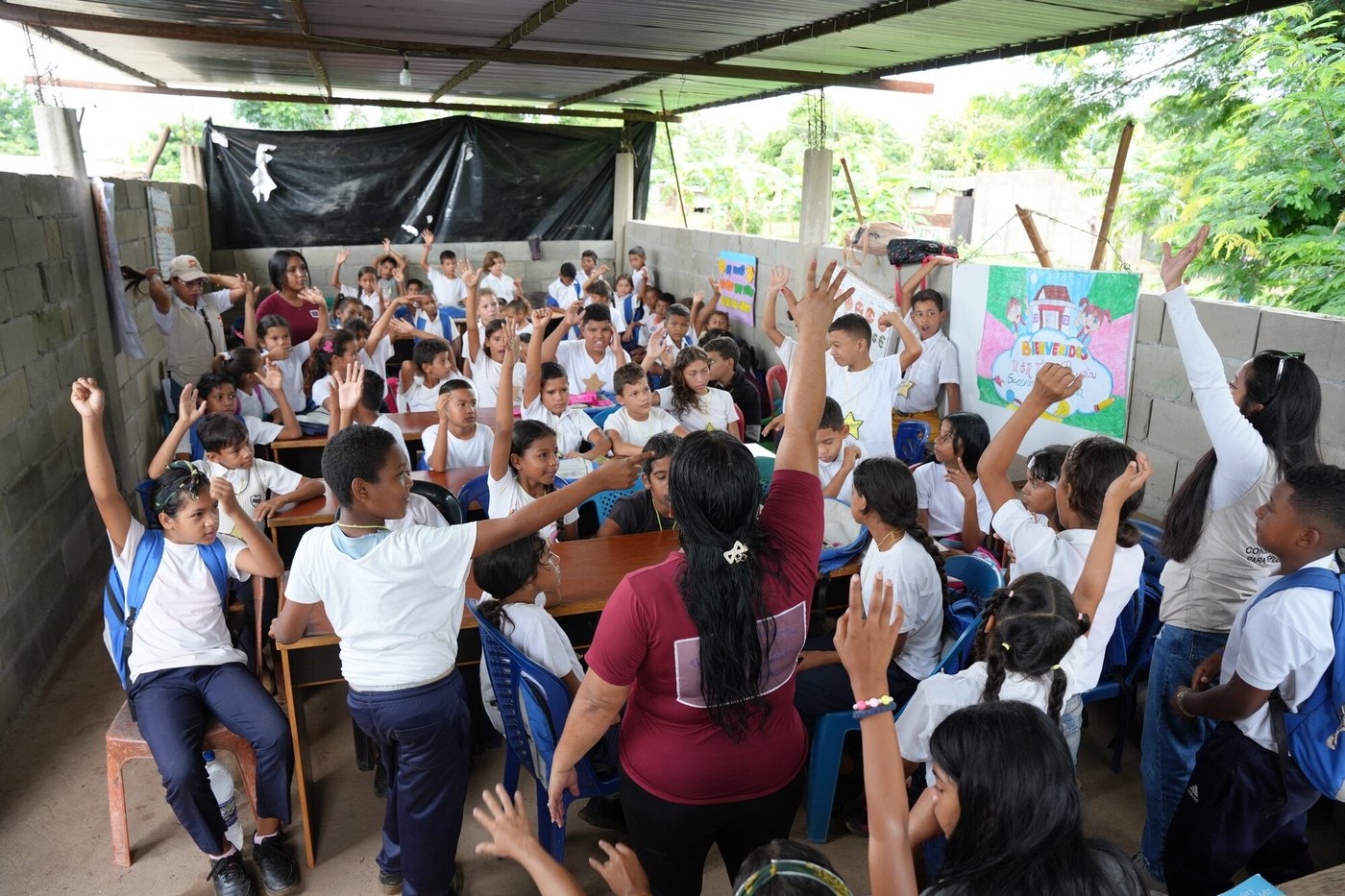
"I’ve seen how NRC always seeks to work hand in hand with the education authorities. Now, thanks to that dialogue, children who have never studied before are now going to school," says Yéssica.
Debut with top marks
Marcus is one of these children. He first encountered school at the age of nine. Before that, family life revolved around the mines.
A large geographical area rich in minerals extends over the Venezuelan state of Bolívar, bordering Brazil. Its exploitation has led to complex dynamics, sometimes impacting both children's education and human mobility.
"We had joined a mine and that took up a lot of our time. Really, we've never focused on giving them an education," says Marlin, Marcus’s mother. She has two other young children, one of whom is also school-age and now attends classes.
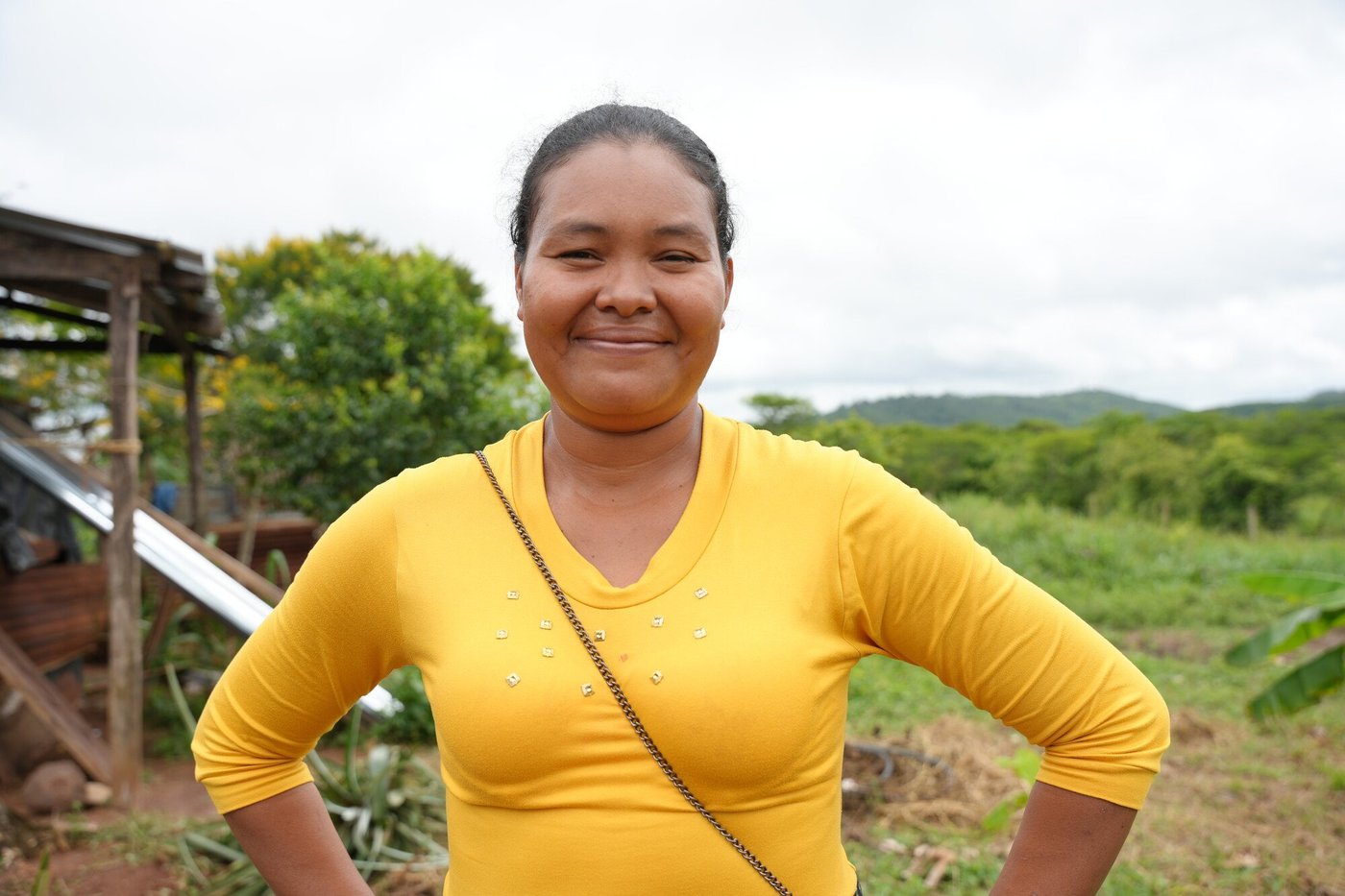
Over the past year, Marlin has watched Marcus learn. He has benefited from the tools that NRC shared with Yéssica and 30 other volunteers in various communities in Bolívar state, through the school motivation programme. Thanks to the programme, Marcus has developed his self-esteem, his sense of identity and his ability to incorporate the school routine into his life.
"He was not a child to play with others – he was always just with his father and me. Now he’s more expressive. He really likes to integrate with people," says Marlin.
"He told me that he wanted to pass his first year of school with the highest grade, and he succeeded. I see him feeling better – changed, more motivated."
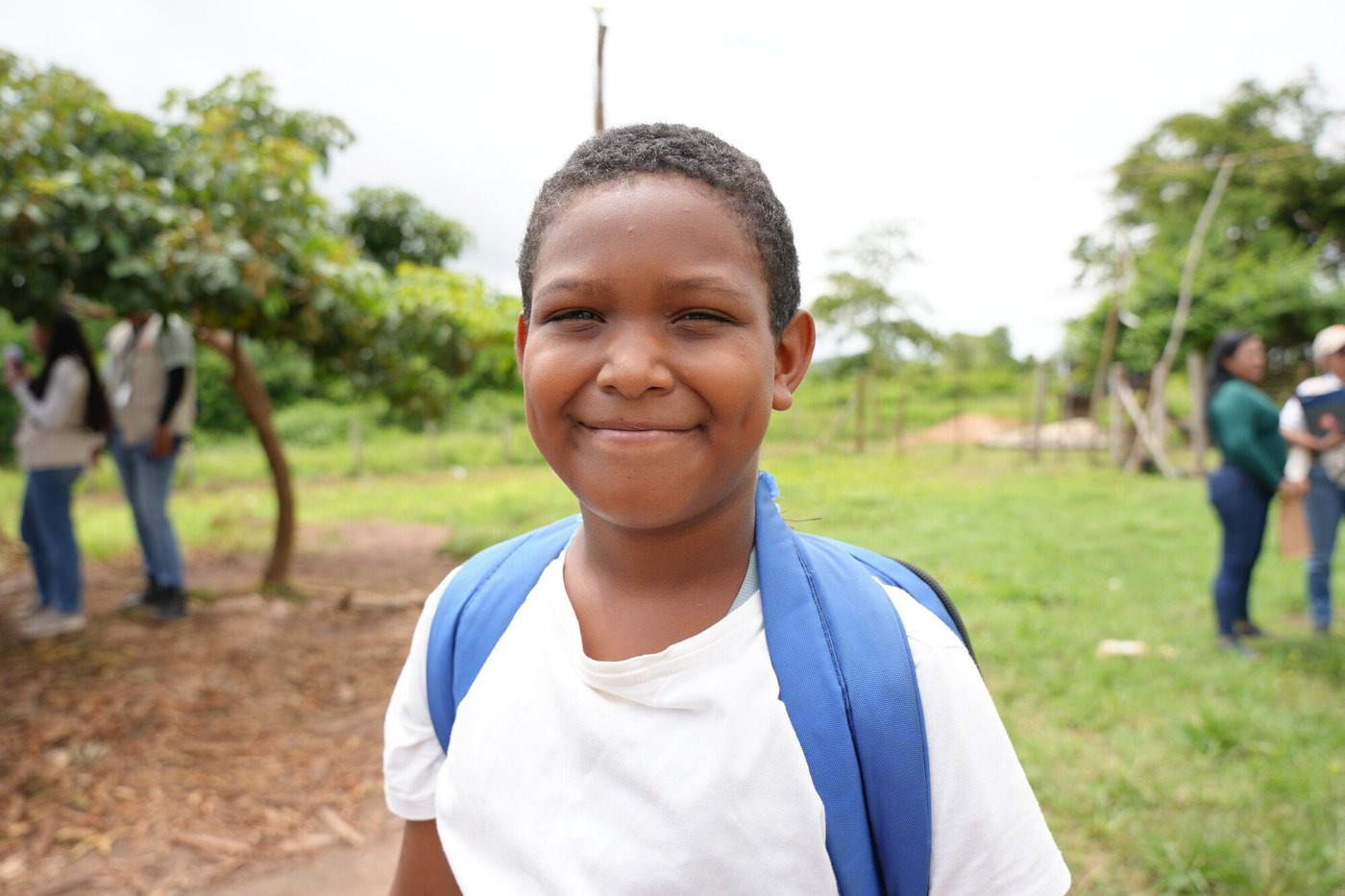
Breathing refreshes, like trees
Marcus enjoys his new school. In addition to new knowledge, he has learned tools to improve his wellbeing.
"I'm going to teach you a breathing technique," he explains to us. "In this hand we are going to imagine the most beautiful flower and, in this other hand, a candle. We're going to smell the flower [inhales] and then blow out the candle [exhales]. That way, you release yourself from everything. You refresh yourself, you feel free."
This exercise is part of the Better Learning Programme (BLP), NRC's classroom-based psychosocial support activity. Flexible and adaptable, the programme equips trained teachers to support children and young people from communities affected by displacement and violence, creating safer learning environments that restore hope.
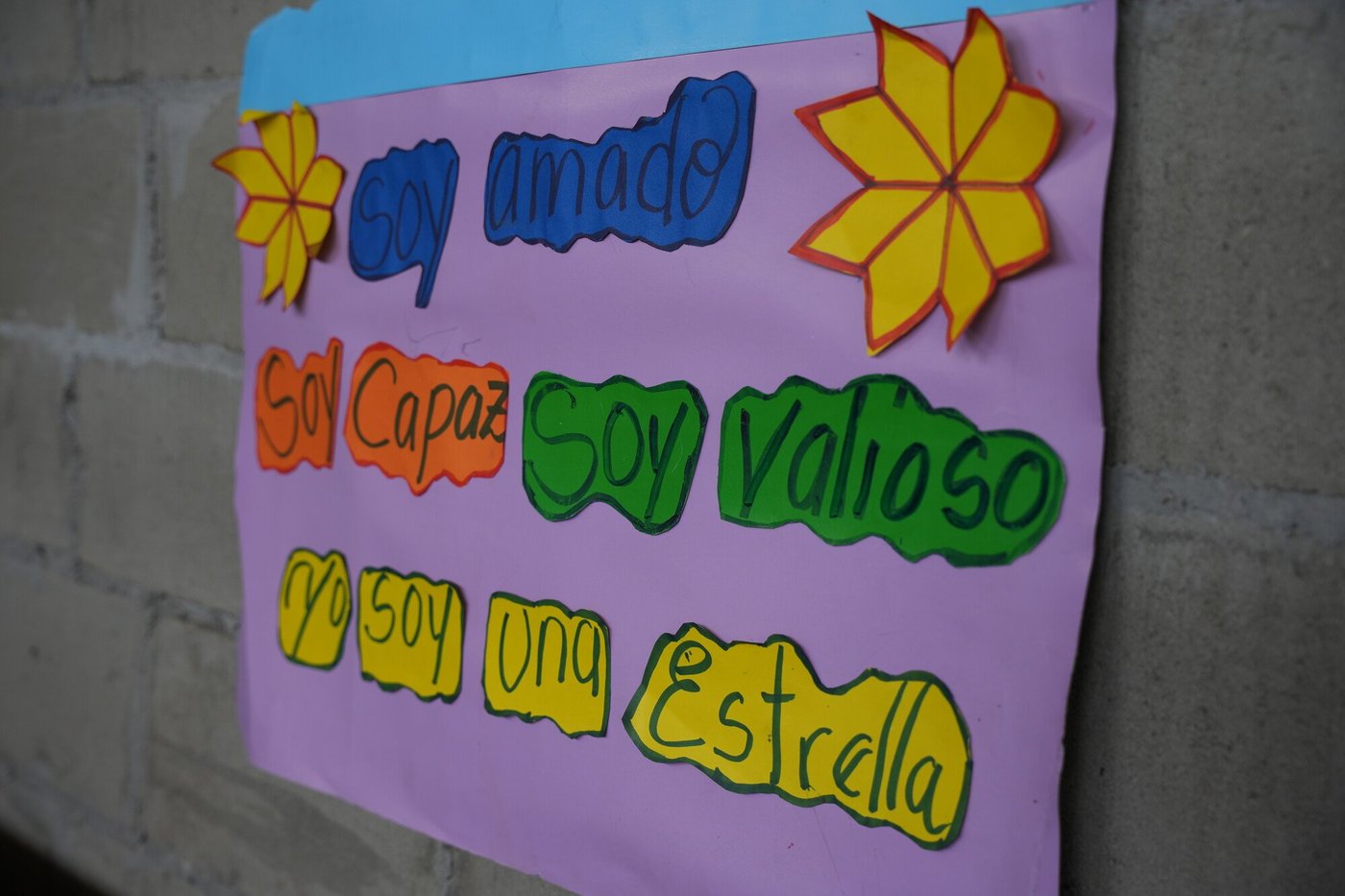
NRC has trained almost 100 teachers from the state of Bolívar in BLP techniques, always in line with the national curriculum. The support also includes the provision of materials and furniture to six schools in the area. The aim is to contribute not only to education access, but also to wellbeing and educational permanence.
At 10 years old, Marcus' favourite subject is biology. "It's to do experiments, because I like science," he replies with conviction, under one of the large trees that brings fresh air to his relaxed lungs.
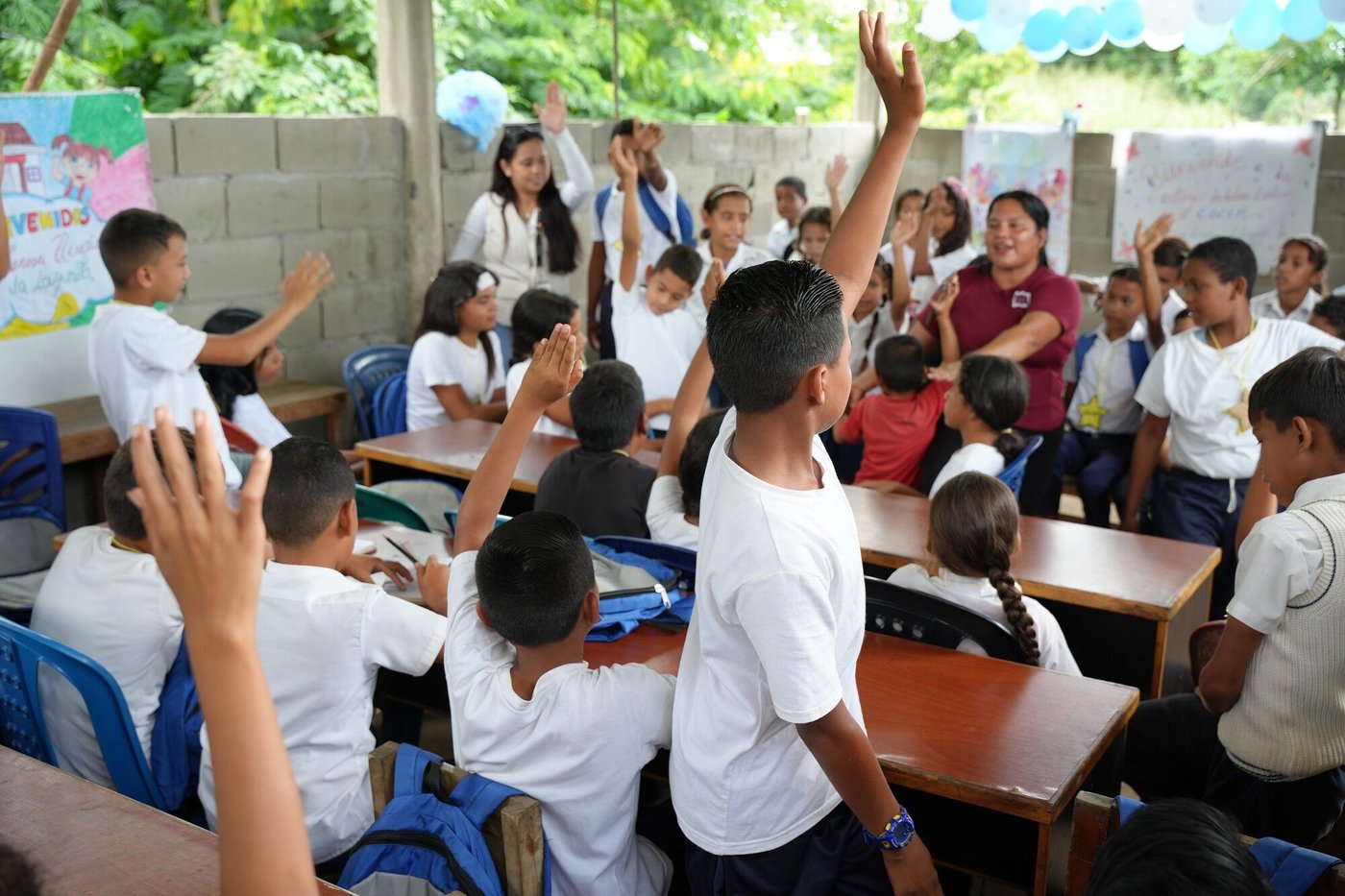
The parents helped to build the classroom together, which strengthened their commitment to education. Marlin now acknowledges its value. "A person without studies is an incomplete person. School teaches them to be good people," she says.
Teacher Yéssica smiled the day her sixth-grade students completed primary school. It was the first graduation ceremony held in this new extension of the local school.
"This is a great moment. I have been teaching for years, but I have never lived this experience before. NRC has helped us to transform the challenges that the children were facing into these great strengths that we can see in them now," she says. Now she's ready for more.
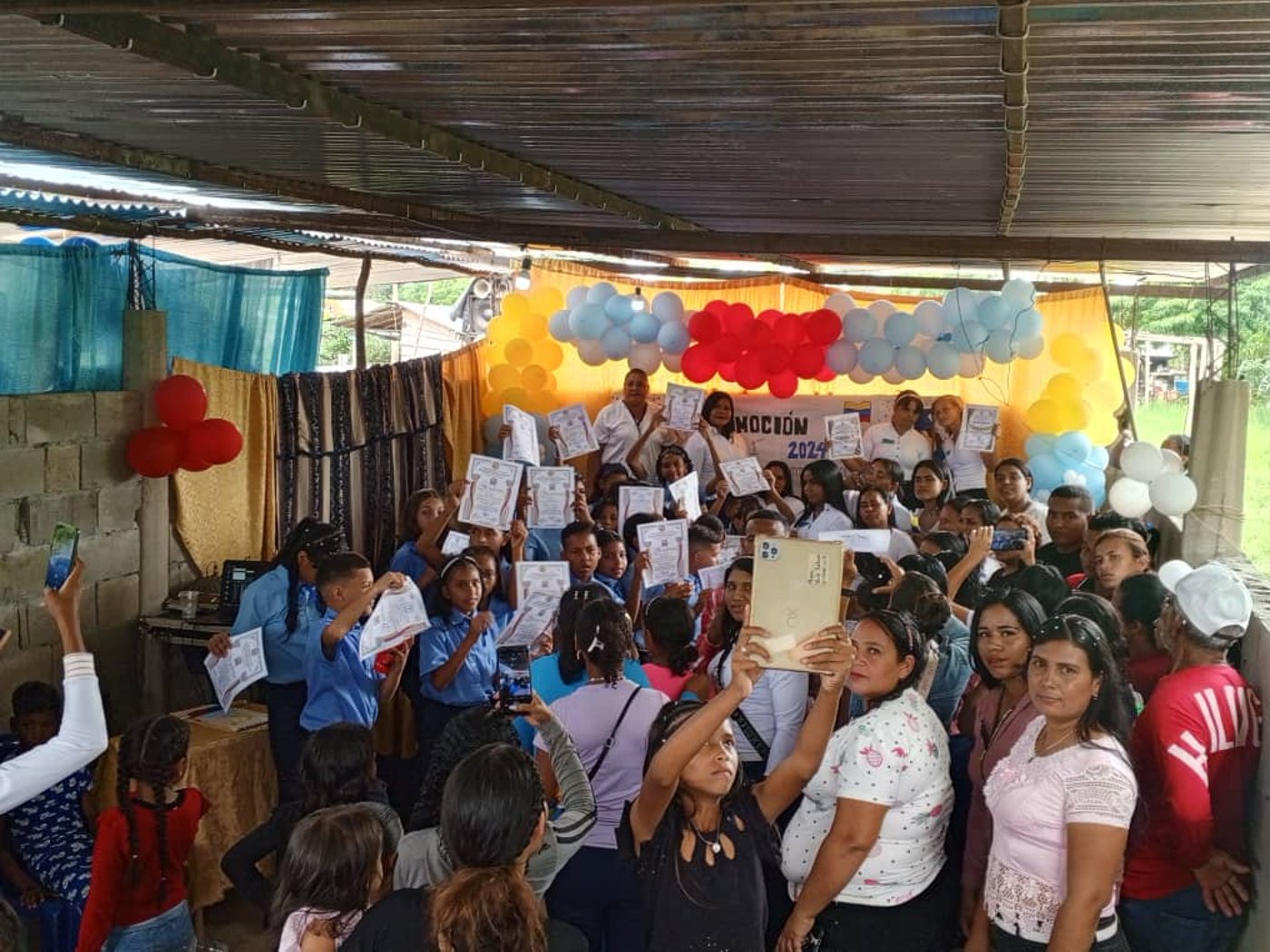
Sign up to our newsletter to read more stories from around the world.


